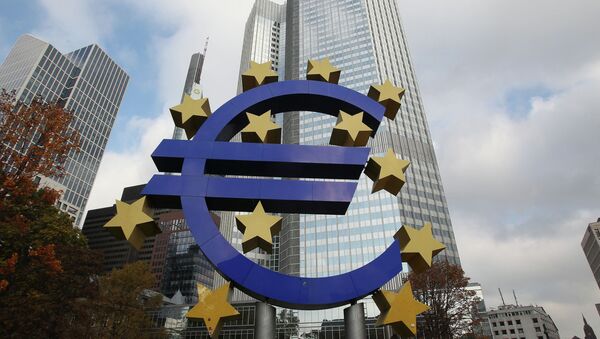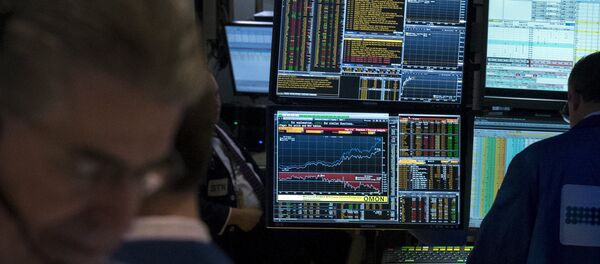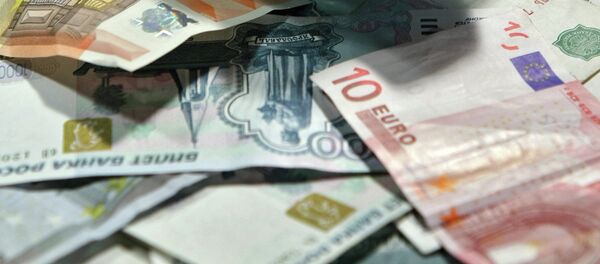European stocks followed the trend set earlier on Wall Street and in the Far East, with investors leaning rather bullish after ECB Executive Board member Benoit Coeure commented on the up-and-coming series of adjustments in the massive $1.1-trln package of economic stimulus measures.
The ECB policymaker admitted the recent selloff in the European fixed-income market effectively erased some of the positive developments in the region’s economy. Thus, he said, the ECB would ‘moderately’ step up the pace of bond-buying in May and June, thus artificially supporting debt prices.
Even more importantly, ECB Governing Council member Christian Noyer mentioned on a separate occasion the regulator is ready to increase the scale of stimulus if necessary.
Yields on benchmark Deutsche Bund dropped to their one-week lowest, minus 0.08% to 0.56%. During the peak of the European fixed-income microcrisis, on May 14 the average yield approached 0.84%, almost twice as much as their lowest of 0.43%, showcased only two months prior.
The common currency slid to $1.12 and the pan-European FTSEurofirst 300 Index rose 1.6%, while in Frankfurt, the DAX Index added 1.9%, and in Paris, the CAC 40 Index rose 2%.
In Germany, investor sentiment fell to its five-months lowest, as evidenced by the ZEW Institute estimates. The ZEW Index fell to 41.9 in May from 53.3 in April, while forecasts previously put it at 49. German economic expansion slowed in Q1 despite the Eurozone growth accelerated to its two-year fastest.
The Greek anxiety and the recent Deutsche Bund panic have been the main factors of the decline, as German macroeconomic data are still strong.
The signals are controversial though as the investors’ sentiment Index, published Monday, rose to its 10-months highest at 108.6 last month, while Bundesbank is anticipating economic expansion to speed up ‘in the coming months’.
Meanwhile, the UK has fallen into the mire of deflation, with consumer prices having fallen an annualized 0.1% in April. The Albion hasn’t experienced deflation since 1960. Nonetheless, the Bank of England is still planning on an interest hike despite the fact that inflation is far below the targeted 2%.
The sterling was 0.8% down at $1.5530, and the 10-year Royal bond yield was down 0.06%, at 1.89%. Investors are not expecting monetary tightening in the UK until at least mid-2016.
In London, the FTSE 100 Index was up 0.29%, driven by gains in corporate sector.




